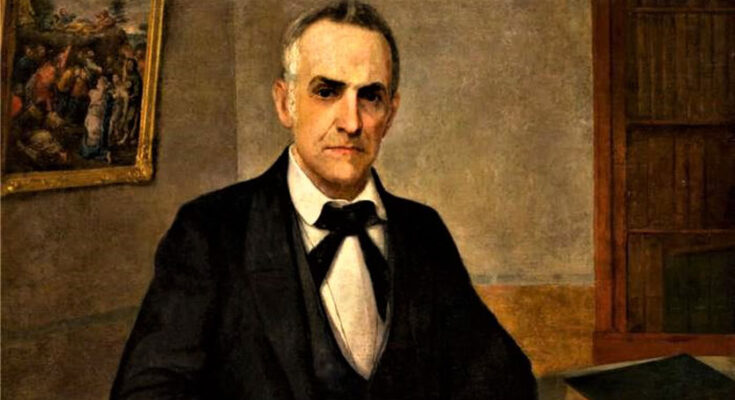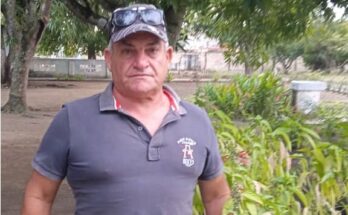July 2025 – On this day in 1800, José de la Luz y Caballero was born. He was an educator par excellence and a shaper of consciences who enhanced the sense of Cuban nationality. He wrote articles in the publications of his time, textbooks, translated books, and composed speeches.
His most striking work was «Aphorisms,» brief notes he wrote throughout his life, containing data and observations related to everything that caught his attention, including religious, patriotic, scientific, and human thoughts. He founded the Colegio El Salvador in January 1848, recognized for its implementation of modern teaching methods, where he made his private library available to students and teachers.
Special classes in Philosophy, German, and Latin were taught there for outstanding students. As a teacher, he strove to include the most advanced scientific subjects using modern research methods and sought to instill in his students a sense of human elevation. José de la Luz completed the educational reform initiated by his uncle, the priest José Agustín Caballero, and Father Félix Varela, of whom he was one of the brilliant disciples.
For him, the duty of the teacher was to accustom students to thinking for themselves; his pedagogical conception considered that the starting point of knowledge was experience and observation, and that the experimental method, in addition to being the only productive method, was also the truly analytical one that could be called scientific.
Appreciated as an indispensable figure in the ideological formation of an entire generation of Cubans who would play a significant role in our wars of liberty against Spain, De la Luz y Caballero stated: «I would rather see collapse, not just the institutions of men, but all the stars of the firmament, than see the sentiment of justice, that sun of the moral world, fall from the human heart.»
His patriotism resonated deeply with the proletarian sectors of the emigration, to the point that José Martí, in his beautiful portrait, expressed: «He, the father; he, the silent founder; he, who alone burned and sparkled, and smothered his heart with a heroic hand, to give time for the youth to be nurtured within him, with whom he would win the freedom that would shine only on his bones.»





